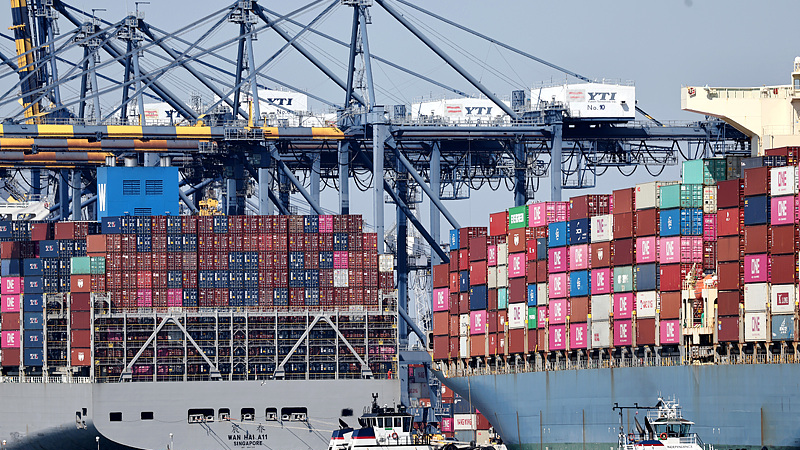As the July 9 deadline for U.S. tariffs looms, two trading partners are taking very different approaches to Washington’s push on digital taxes and tech regulation.
Canada reverses course
In a surprise move, Ottawa announced it will scrap its planned 3% digital services tax on U.S. tech giants such as Amazon, Google and Meta. This decision unlocks the restart of trade negotiations with the United States, said White House National Economic Council Director Kevin Hassett.
“It's something that they've studied, now they've agreed to. And for sure, that means that we can get back to the negotiations,” Hassett told Fox News. The reversal follows direct pressure from President Donald Trump at the G7 meeting earlier this month.
EU stands firm
Across the Atlantic, Brussels is unwavering. European Commission spokesperson Thomas Regnier reiterated that neither the Digital Markets Act (DMA) nor the Digital Services Act (DSA) will be up for discussion in trade talks with the U.S.
“We're not going to adjust the implementation of our legislation based on the actions of third countries,” Regnier said. Earlier this year, the EU used the DMA to fine Apple and Meta, signaling that digital sovereignty is non-negotiable.
European Commissioner Maros Sefcovic will travel to Washington on July 1 to keep the dialogue alive, but the deadline remains firm.
The stakes at play
If no deal is reached by July 9, the U.S. could reimpose tariffs of up to 50% on imports like steel and aluminum. Bloomberg reports the EU might accept a universal 10% tariff on its exports if Washington agrees to lower rates on key sectors.
- Possible U.S. tariffs: up to 50% on steel and aluminum.
- EU’s offer: 10% universal tariff for sector-specific concessions.
- Key sectors: pharma, semiconductors, aircraft and autos.
With global supply chains and the digital economy hanging in the balance, all eyes are on Washington, Ottawa and Brussels as they race to find a trade breakthrough.
Reference(s):
Canada backs down, EU holds firm as U.S. tariff deadline looms
cgtn.com




